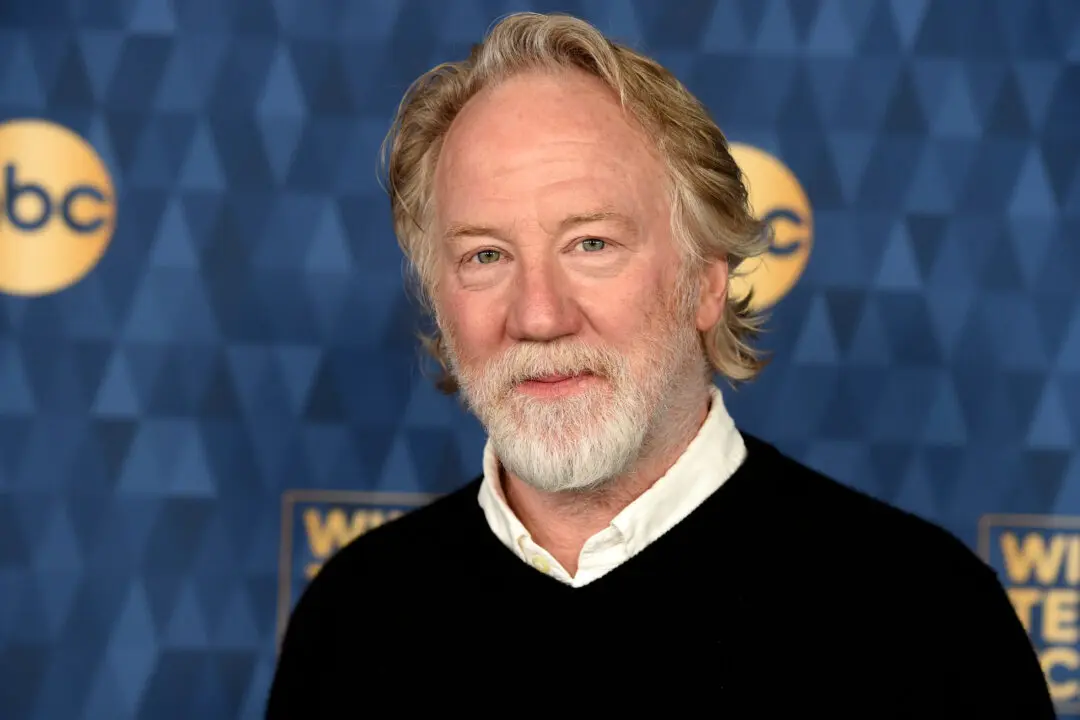BURBANK, Calif.—Unions representing Disneyland workers that authorized a strike July 19, saying executives of the family entertainment company had refused to negotiate in good faith, were back at the bargaining table Monday.
The two sides are expected to continue contract talks through July 23. If they can’t agree to a new contract, the unions could walk off the job in the first strike at the park in 40 years.





